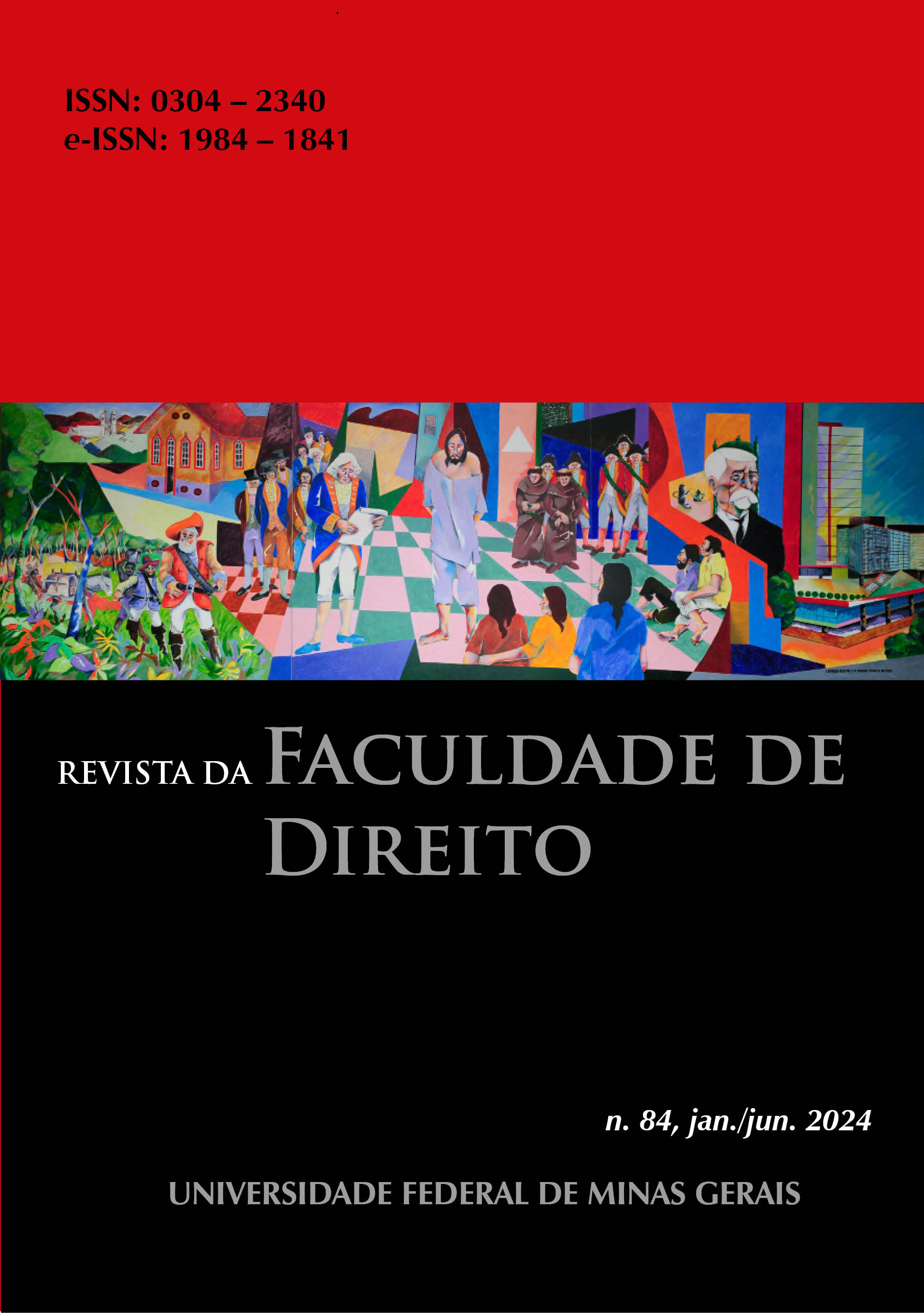ORGAN AND TISSUE TRANSPLANTATIONS AND THE CONSTITUTIONAL PRINCIPLE OF SOLIDARITY - DOI: 10.12818/P.0304-2340.2024v84p285
DOI:
https://doi.org/10.12818/P.0304-2340.2024v84p285Abstract
This article aims to analyze organ and tissue
transplants from the perspective of the
constitutional principle of solidarity and in
the context of a democratic society where the
principle of autonomy of donors’ will must
be observed, as well as ensuring a dignified
life for those who require transplants. The
research problem seeks to answer the question
in order to verify whether public deeds
declaring the intention to donate organs and
tissues contribute or not to giving greater
effectiveness to the principle of solidarity
in Brazilian society, asking whether these
manifestations of will expressed in these deeds
should be observed by the donors’ families
and consequently legally ensure the right to a
dignified life for those who need transplants.
The research method used is deductive and
the procedural method is monographic.
Historically, the results indicate that notarial
acts provide effectiveness and legal security
and can contribute, in this case, to giving
greater effectiveness to the principle of
solidarity.
KEYWORDS: Organ and tissue transplants.
Solidarity. Right to a dignified existence for
those in need of transplants.




















